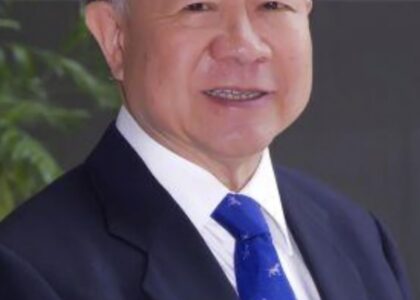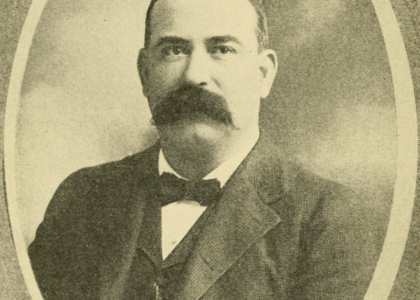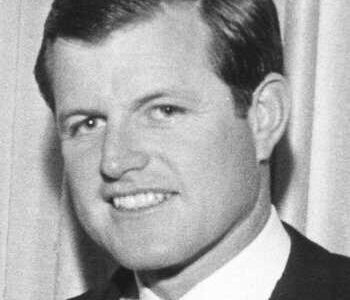Welcome to the intriguing story of John Danforth, a man whose life and career have left a significant mark on American political and religious history. Born on September 5, 1936, in St. Louis, Missouri, Danforth grew up in a family deeply rooted in civic and business leadership. His grandfather, William H. Danforth, was the founder of Ralston Purina, a renowned animal feed company. This legacy of leadership and service set the stage for John’s own contributions to society.
John Danforth’s journey in public service began after he completed his education at Princeton University and Yale University, where he uniquely earned degrees in both law and divinity. This dual education would profoundly influence his career, blending legal acumen with moral and ethical considerations.
In 1968, Danforth made a significant leap into politics when he was elected as Missouri’s Attorney General, becoming the first Republican to hold the position in four decades. His tenure was marked by a commitment to justice and integrity, laying the groundwork for his future in the U.S. Senate.
In 1976, Danforth was elected as a United States Senator from Missouri, a position he held until 1995. During his time in the Senate, he was known for his principled conservatism, championing fiscal restraint and advocating for the appointment of Clarence Thomas to the Supreme Court. Danforth’s influence extended beyond politics; he was also an ordained Episcopal minister who often served his community by providing communion to those unable to attend church services.
In a notable chapter of his career, Danforth served as Special Counsel for the U.S. Department of Justice, investigating the controversial Waco Siege of 1993. His thorough investigation concluded that the U.S. government did not cause the fire that ended the standoff, providing a level of closure to a deeply divisive incident.
John Danforth’s life and work reflect a unique blend of public service, legal prowess, and religious commitment, making him a distinguished figure in American history. His story inspires those who seek to bridge the gap between law and morality, demonstrating the impact one individual can have in shaping national discourse.






